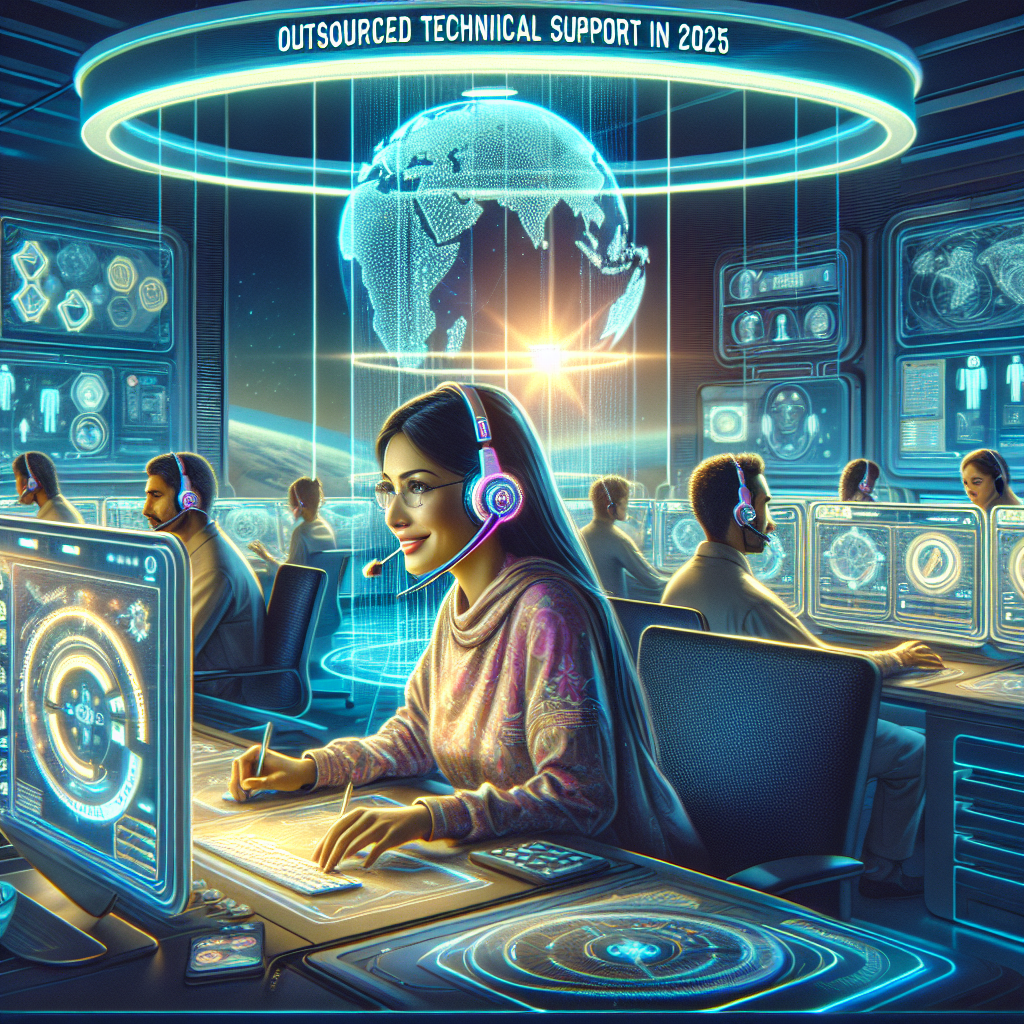Understanding the Evolution of Technical Support Outsourcing
In today’s rapidly evolving business landscape, outsourced technical support has emerged as a strategic solution for companies seeking to optimize operations while maintaining high-quality customer service. This practice, which involves delegating technical assistance functions to specialized third-party providers, has transformed significantly since its inception in the late 1990s. Initially viewed merely as a cost-cutting measure, outsourced technical support has evolved into a sophisticated business strategy that leverages global talent pools and advanced technologies. According to a recent study by Deloitte, over 70% of businesses now consider technical support outsourcing a strategic tool rather than just an operational necessity. This evolution mirrors the growing complexity of technological ecosystems that businesses must navigate, creating new opportunities for specialized support services that can adapt to changing needs and incorporate innovations like conversational AI for customer service.
The Business Case for Technical Support Outsourcing
The compelling business case for outsourced technical support extends far beyond simple cost reduction. While financial savings remain significant—typically 30-40% compared to in-house operations—the strategic advantages have become equally important. Businesses gain access to specialized expertise, 24/7 support capabilities, and flexible staffing models that can scale rapidly with demand fluctuations. A Harvard Business Review analysis suggests that companies leveraging outsourced technical support demonstrate 18% higher customer satisfaction rates and 23% faster issue resolution times compared to those maintaining exclusively in-house support. These benefits prove particularly valuable for growing businesses that need to maintain competitive service levels without massive infrastructure investments. The flexibility of modern outsourcing arrangements also enables companies to create hybrid support models, where strategic functions remain in-house while routine technical support is handled by trusted partners who can implement advanced solutions like AI-powered phone services for handling common inquiries.
Key Models of Technical Support Outsourcing
Organizations implementing outsourced technical support typically choose from several established operational models, each with distinct advantages depending on business needs. The offshore model involves contracting support services to providers in distant countries with significant time zone differences but substantial cost advantages, commonly including India, the Philippines, and Eastern European nations. The nearshore model balances moderate cost savings with cultural alignment by partnering with providers in neighboring countries or similar time zones. Finally, the onshore model prioritizes cultural compatibility and communication clarity by keeping support services within the same country, though at higher costs. Many forward-thinking companies are now adopting hybrid approaches that combine these models for different support tiers, potentially integrating AI call assistants for first-level support while routing complex issues to specialized human teams. According to Gartner research, companies implementing such multi-tiered support strategies report 27% higher customer satisfaction scores than those using single-sourcing approaches.
Essential Technologies Powering Modern Technical Support
The technological foundation of effective outsourced technical support has evolved dramatically, with cutting-edge tools now essential for delivering exceptional service. Modern support operations leverage sophisticated ticketing systems that track issues from submission to resolution, ensuring accountability and providing valuable analytics. Remote support software enables technicians to troubleshoot problems directly on users’ devices, significantly improving resolution times. Advanced knowledge management systems capture solutions and best practices, creating an institutional memory that benefits both new and experienced support staff. Perhaps most transformative has been the integration of [conversational AI technologies](https://callin

Helping businesses grow faster with AI. 🚀 At Callin.io, we make it easy for companies close more deals, engage customers more effectively, and scale their growth with smart AI voice assistants. Ready to transform your business with AI? 📅 Let’s talk!
Vincenzo Piccolo
Chief Executive Officer and Co Founder


